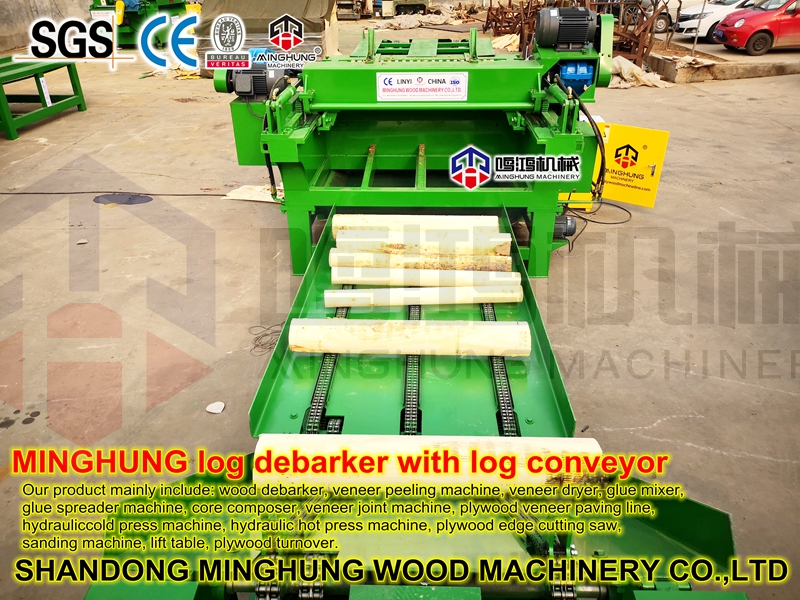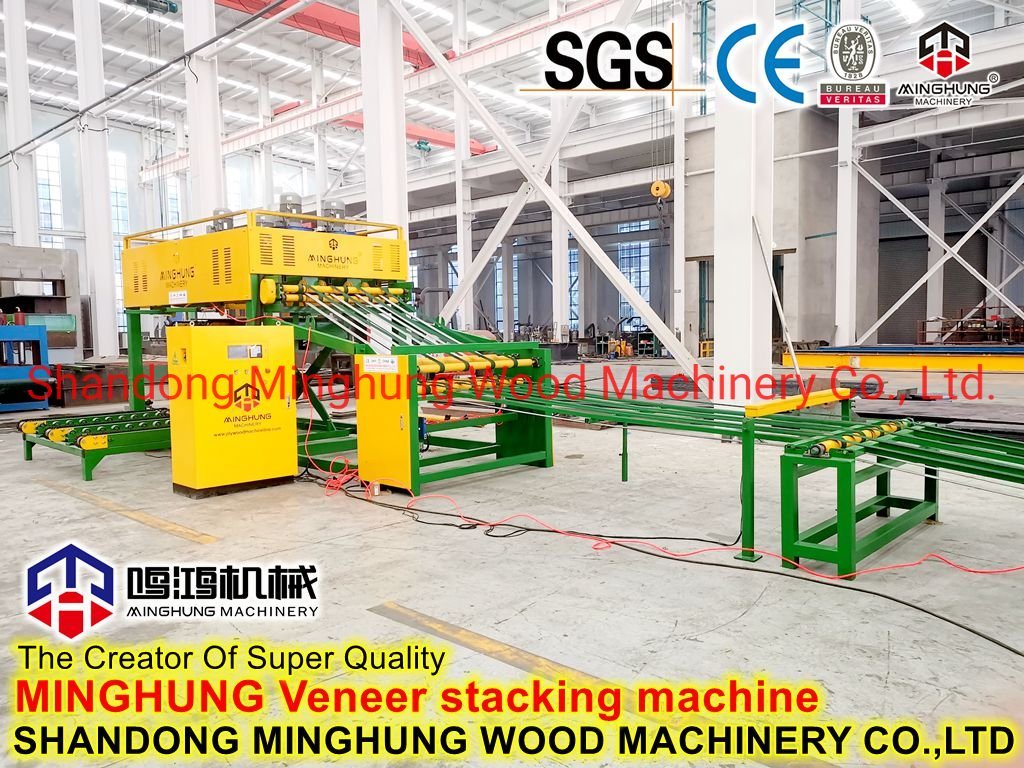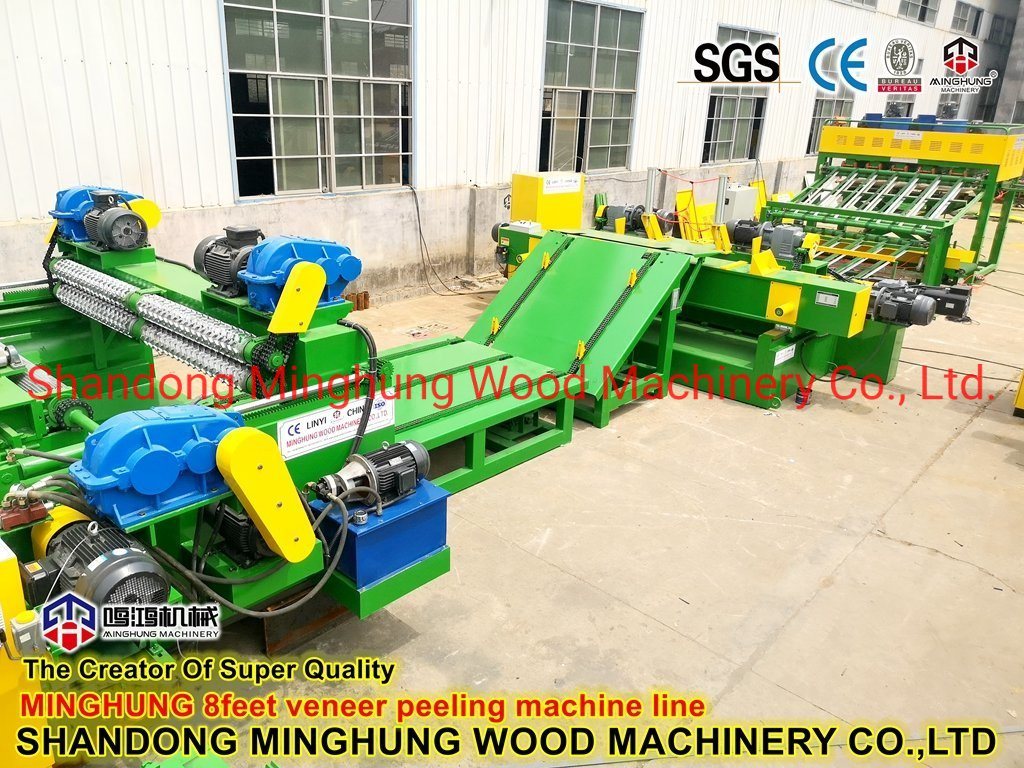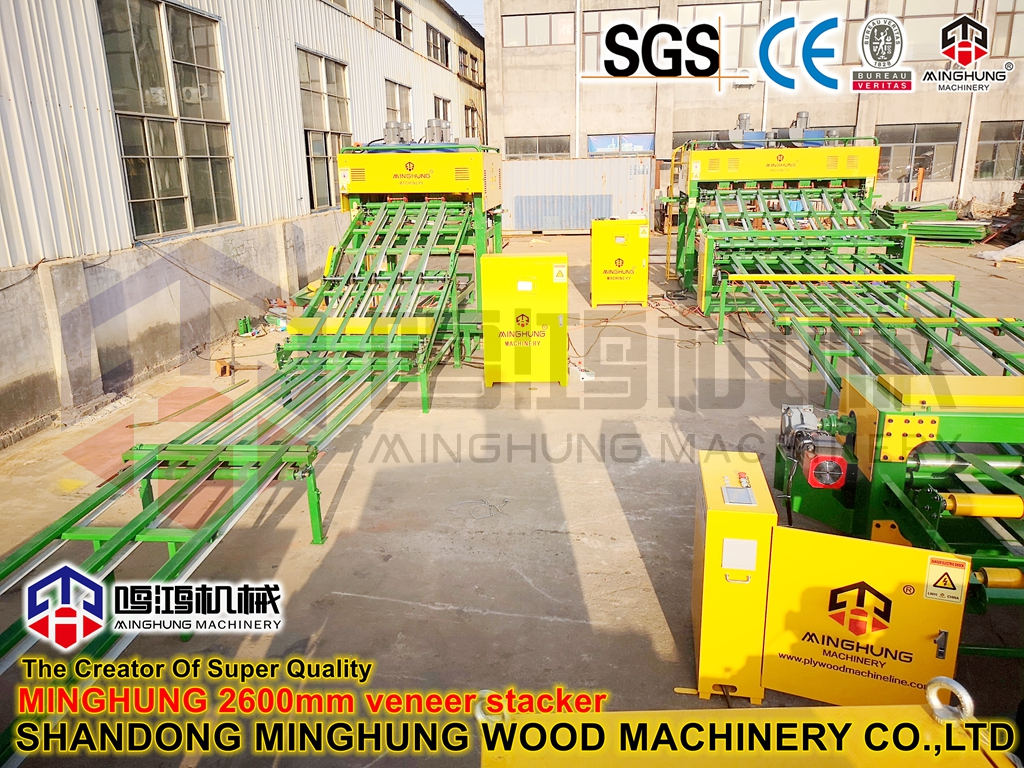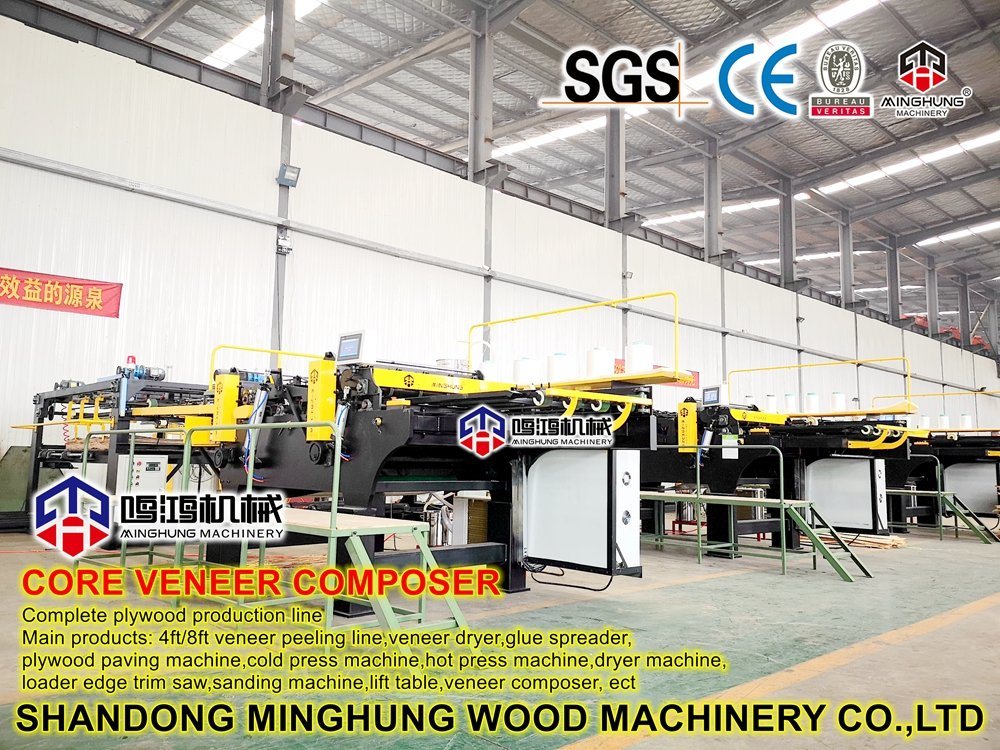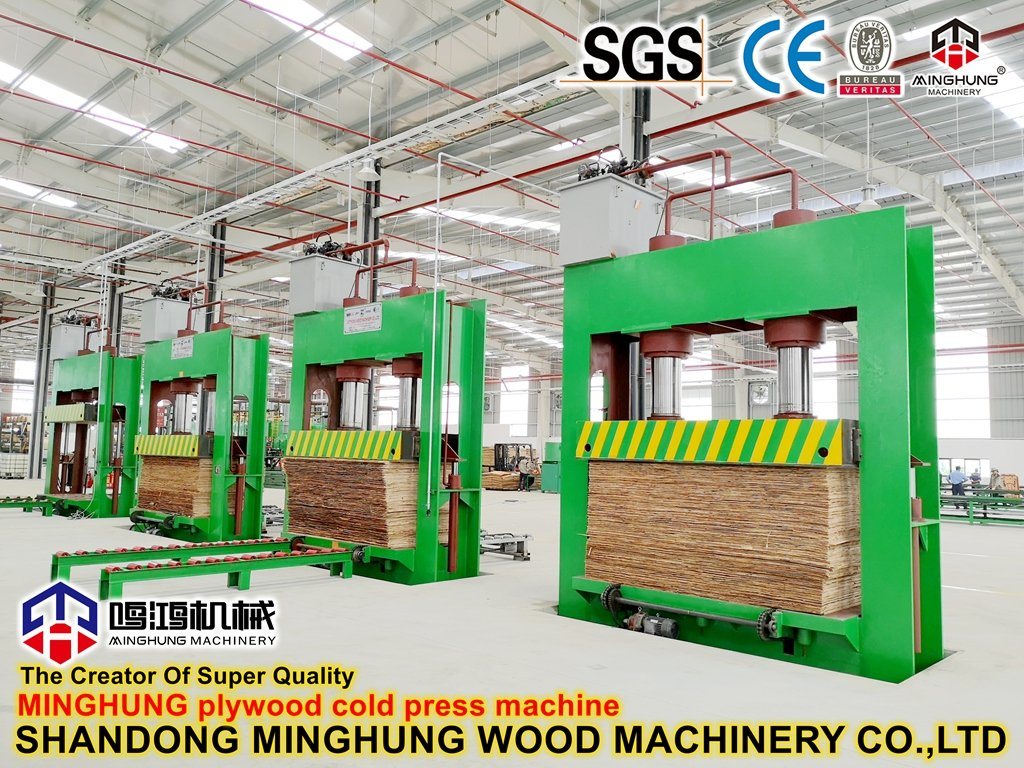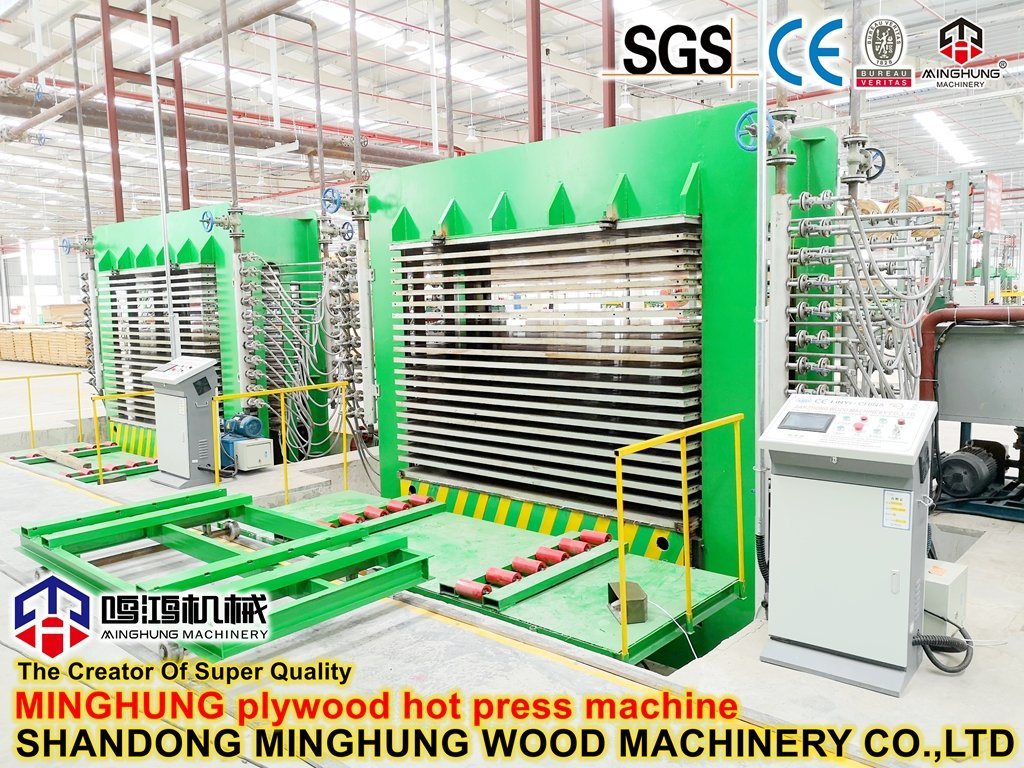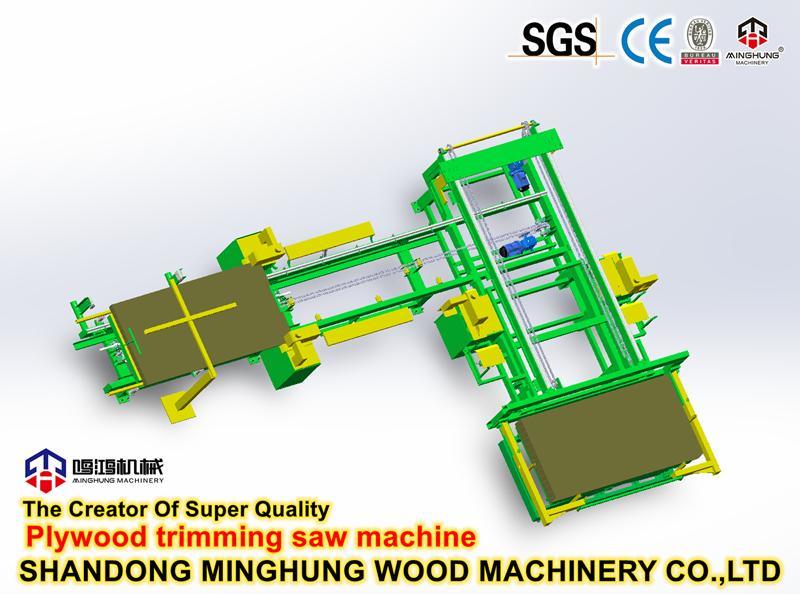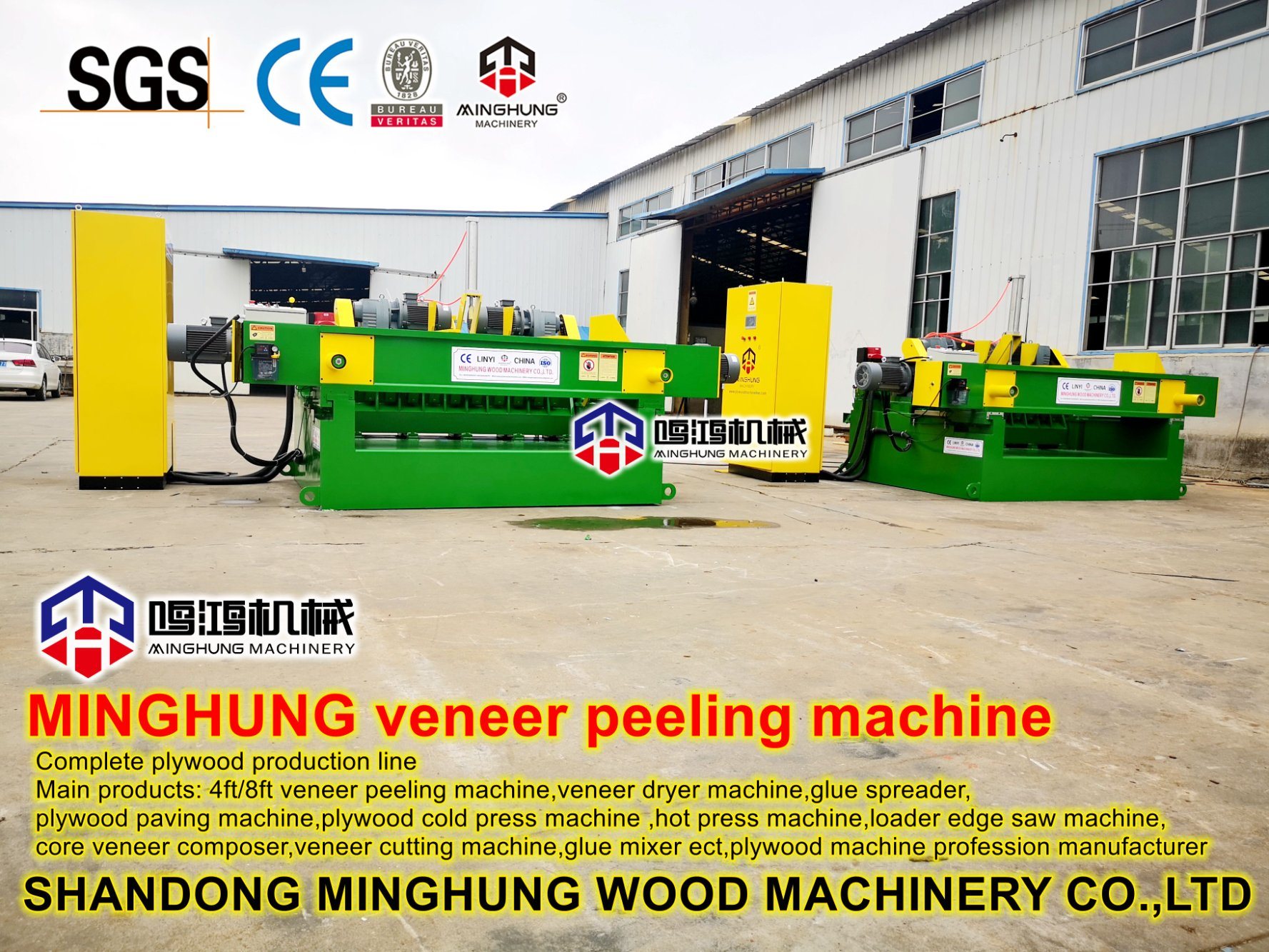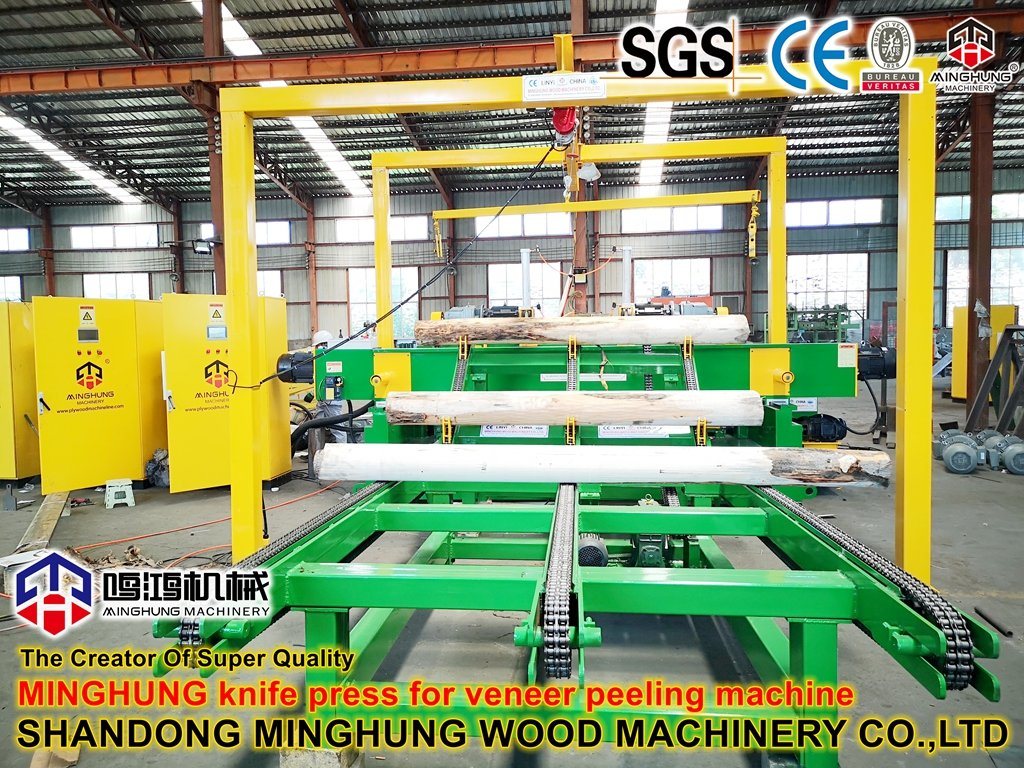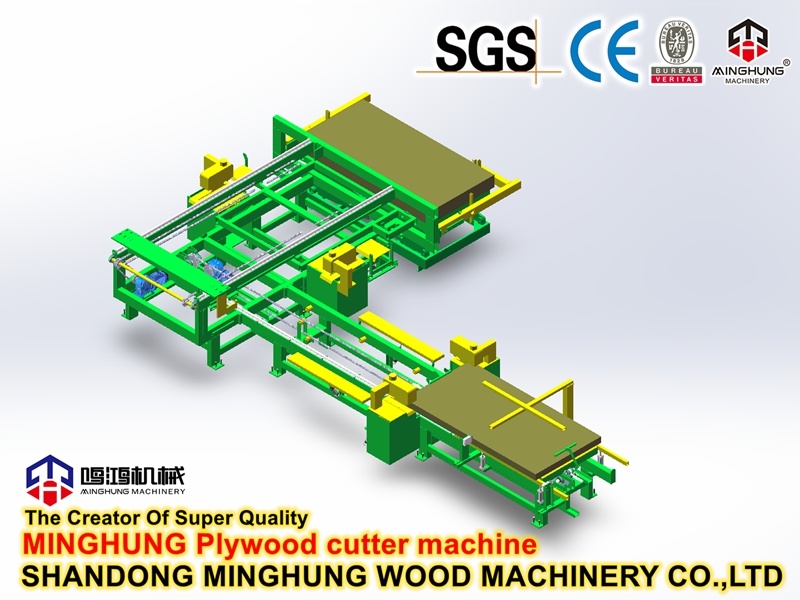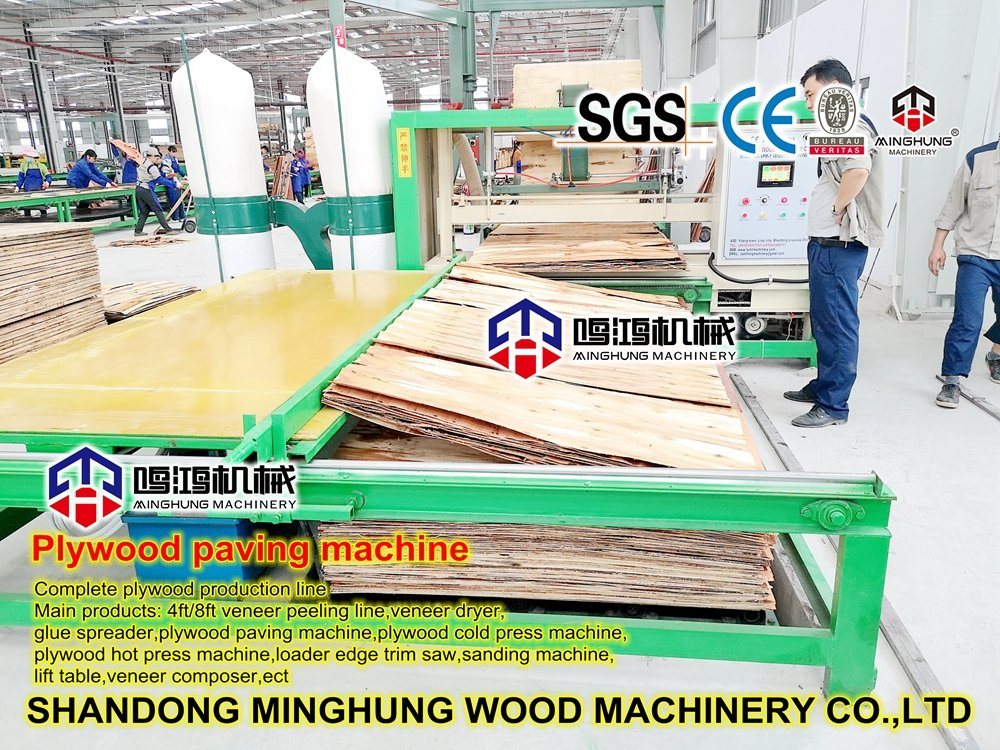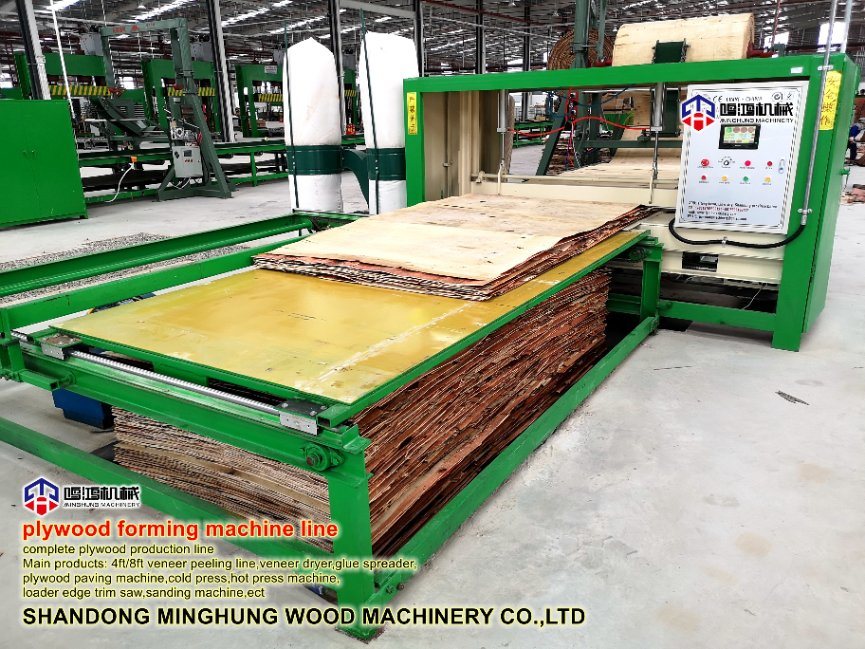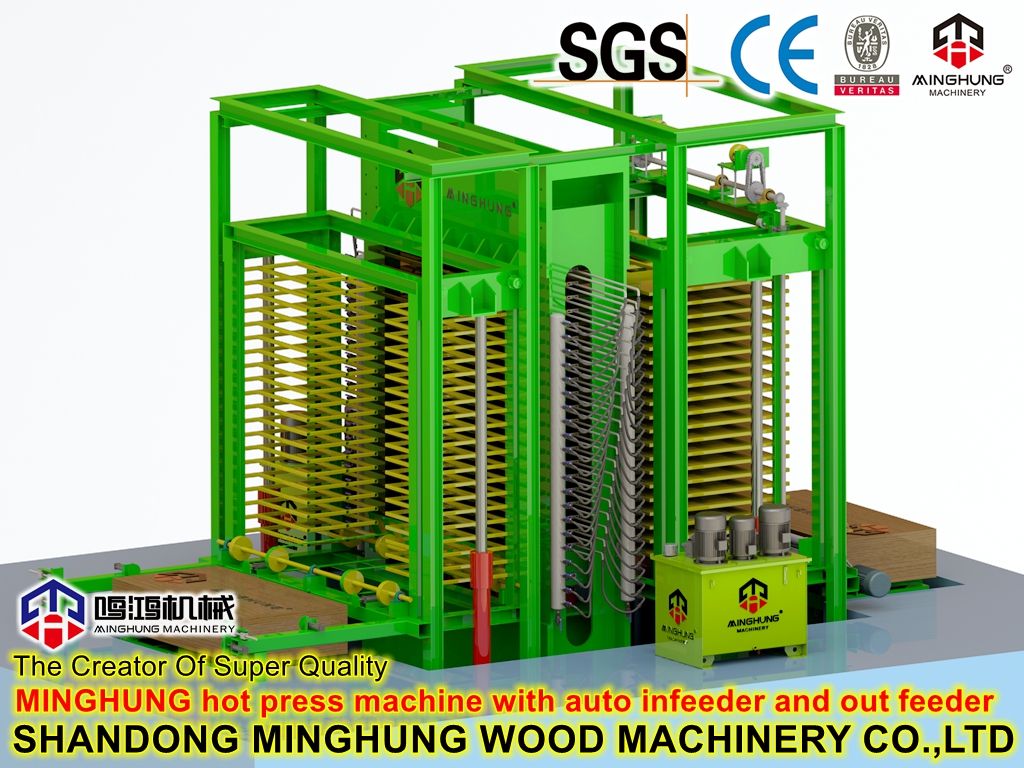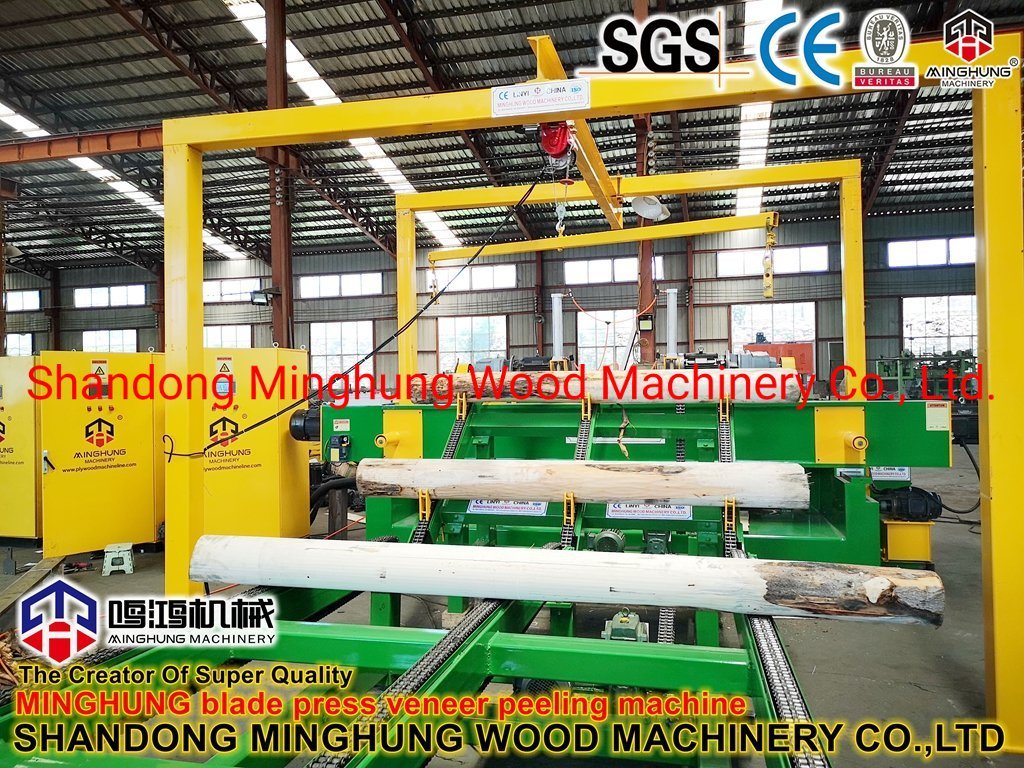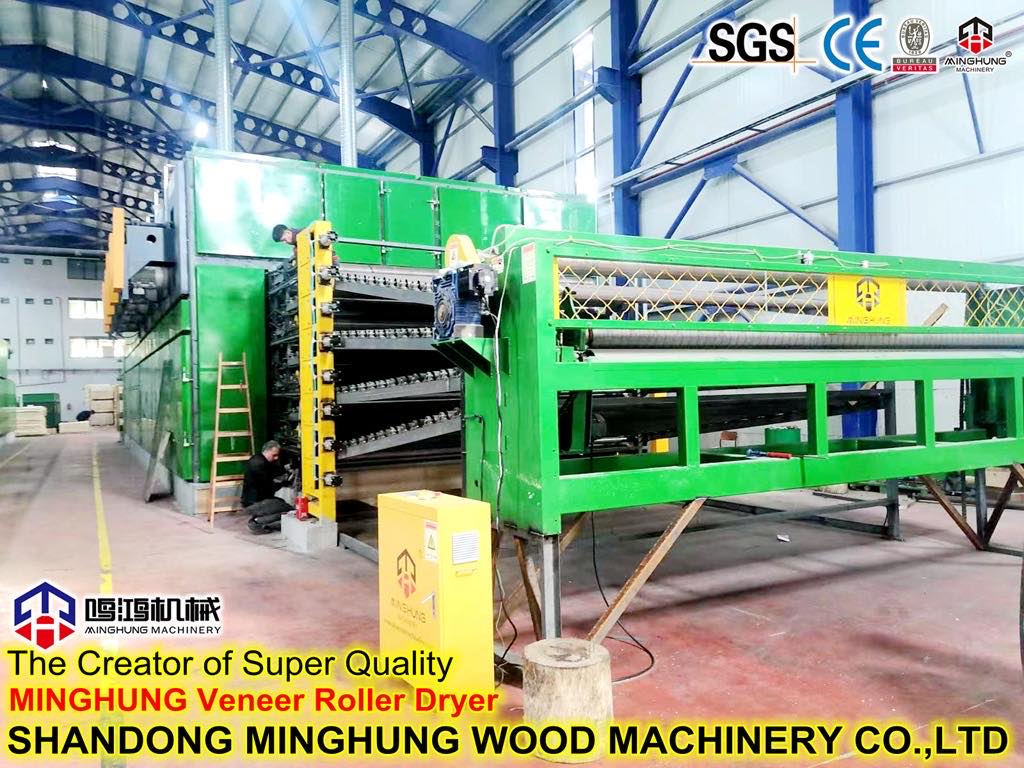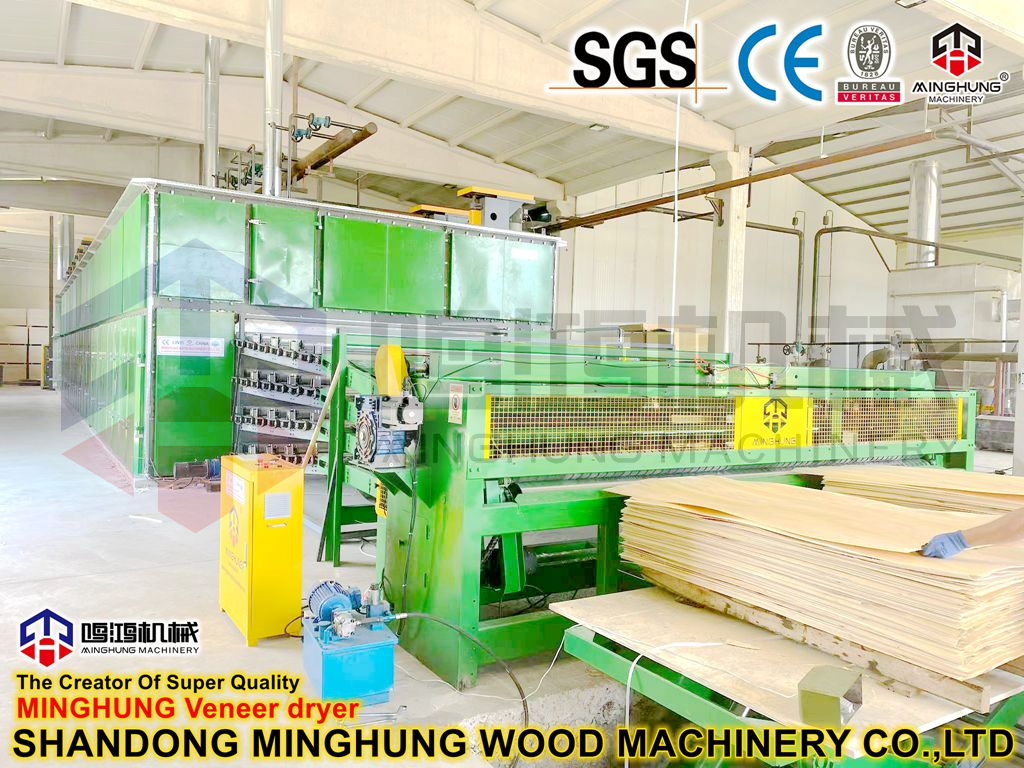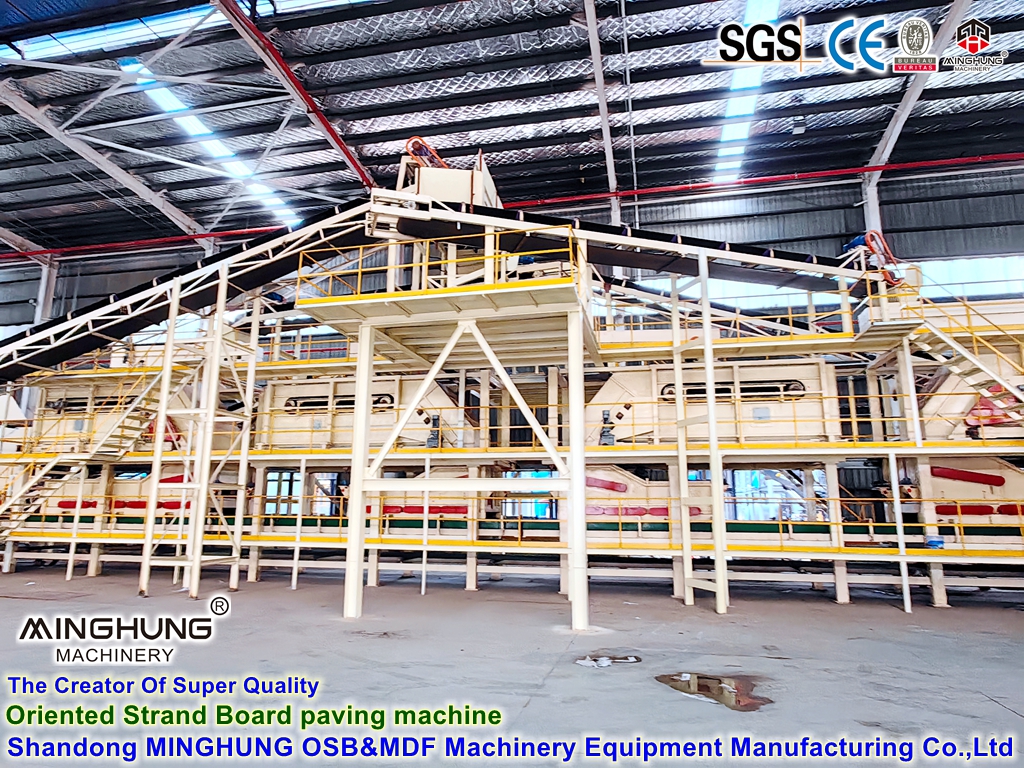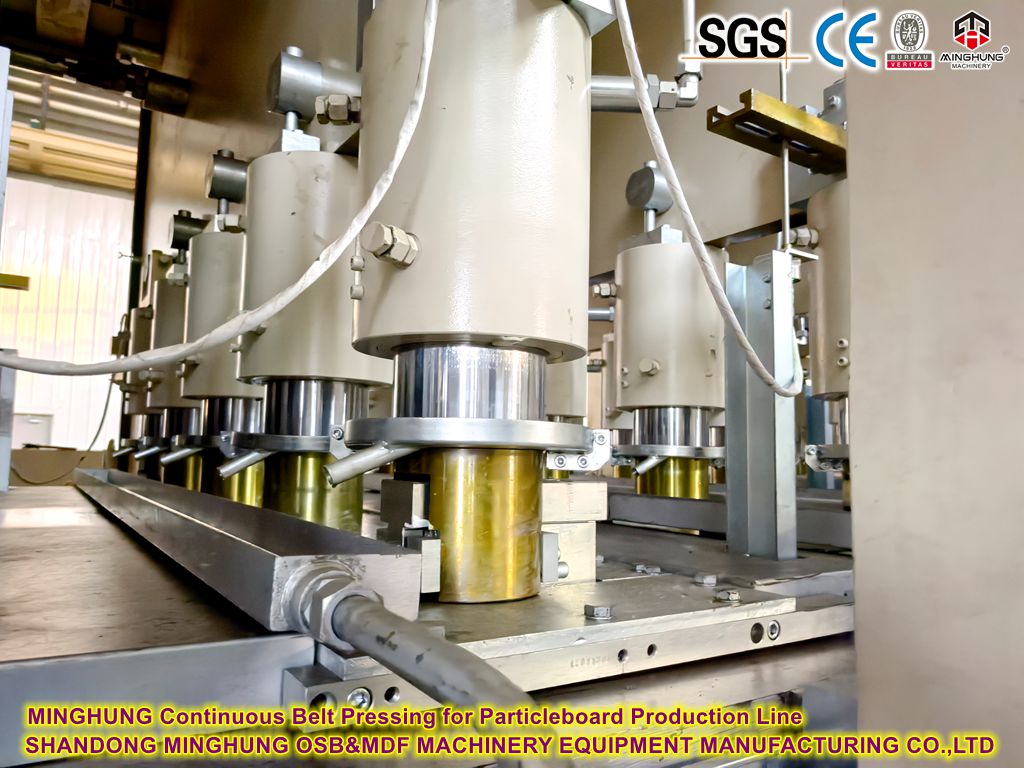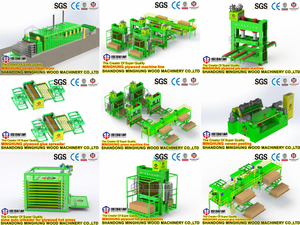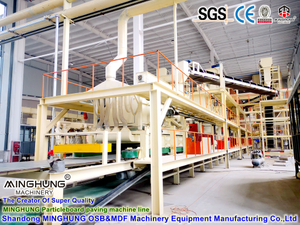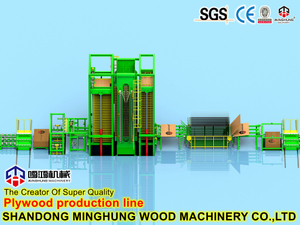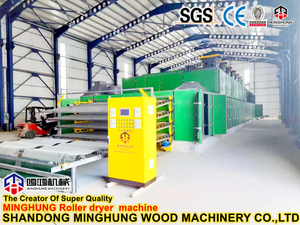Energy-Efficient Power Saving OSB Continuous Press Machine
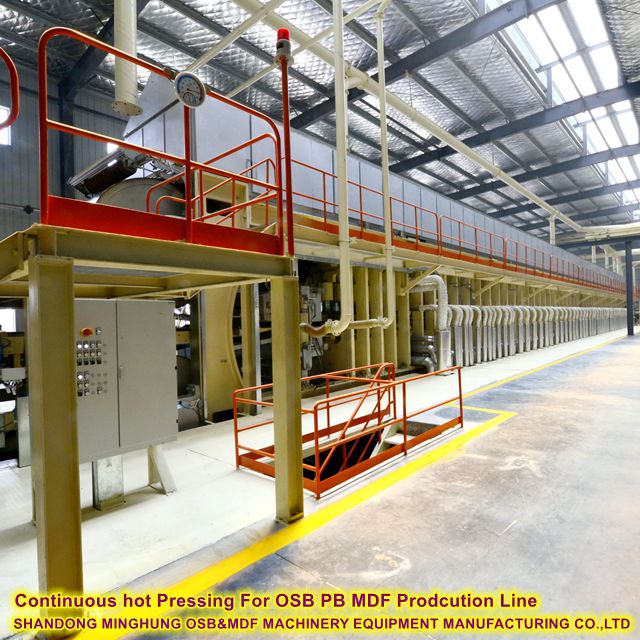
Continuous flat-pressing hot presses (Continuous Press, CP) offer significant and multi-dimensional energy-saving advantages over traditional intermittent multi-daylight hot presses (Multi-Daylight Press, MDP) or single-opening presses. These advantages stem from their continuous production mode, structural design, and advanced control systems.
Continuous Production: Unlike traditional batch-operated multi-daylight presses, continuous flat presses operate uninterruptedly. Formed fiber mats are fed continuously into the press inlet, undergo heating, pressing, and curing while moving through the press, and emerge as solid panels continuously from the outlet.
Flat Pressing: Pressure is applied perpendicularly to the panel surface, ensuring uniform thickness and smooth, flat surfaces – essential for high-quality MDF.
Hot Pressing: Simultaneously with pressure, heat (typically from oil- or steam-heated platens) is applied to rapidly cure the resin binder (e.g., urea-formaldehyde) and bond the wood fibers.
Ⅱ. Brief description of working principle
Feeding: The continuous fiber slab belt that has been paved and pre-pressed is fed into the press entrance by a feeding conveyor (usually equipped with a metal detector).
Entrance closing area: After the slab enters the press, it immediately enters a wedge-shaped area with a gradually decreasing height. The upper and lower steel belts (or hot press plates) begin to close, applying gradually increasing pressure to the slab, compressing it initially and expelling a large amount of air.
Main Press: The slab enters the parallel section. Here, a powerful hydraulic system (or mechanical lever system) applies a huge, precisely controlled pressure (up to 1000 psi or more) to the upper press plate (or upper frame). At the same time, a high-temperature heat medium (hot oil or steam) is passed into the hot press plate (or steel belt) to transfer heat to the slab. Under high temperature and pressure, the lignin in the fiber softens and melts, forming a strong bond between the cellulose fibers, and the resin (such as urea-formaldehyde resin, phenolic resin or MDI) solidifies quickly, bonding the loose fibers into a solid board.
Thickness control zone: After the main pressing zone, there are usually one or more thickness control sections. By precisely adjusting the local pressure, the thickness of the plate can be fine-tuned, the density fluctuation of the plate can be compensated, and the thickness tolerance of the plate in the entire width and length direction can be ensured to be extremely small (usually ±0.1mm or less). This is the key to the continuous flat press to produce high-quality and high-precision plates.
Decompression zone: At the outlet of the press, the pressure is gradually reduced, allowing the internal stress of the plate to be slowly released, reducing the "rebound" and deformation of the plate.
Discharging: The solidified continuous plate strip is sent out from the press outlet and enters the subsequent cooling, cutting, sanding and other processes.
Ⅲ.Technical Specifications
Parameter | Value |
Max Pressure | 10 MPa |
Heating System | Thermal Oil Circulation |
Control System | Siemens PLC + Touchscreen |
Board Thickness | 2-40mm |
Power Supply | 380V/50Hz |
Ⅳ.Energy Saving Advantages of Continuous Flat-Pressing Hot Presses
1. Elimination of Idle Heat Loss (Core Advantage)
Problem with Traditional Presses:
Intermittent production requires the press to repeatedly open and close (each cycle includes: loading → closing/pressurizing → holding/heating → depressurizing/opening → unloading).
During opening, loading, and unloading, the high-temperature (200~230°C) press platens are directly exposed to air, losing significant heat through thermal radiation and convection.
Massive steel platens and frames continuously dissipate heat during non-pressing periods, requiring extra energy to maintain temperature.
Continuous Flat-Press Solution:
Continuous operation: The mat continuously enters and moves at constant speed between closed press platens, which are always in the closed and pressurized state.
No opening/closing action: Completely eliminates the time window where platens are exposed and lose heat.
Energy Saving Effect:
Heat loss reduced by 30%~50% or more (This is the most significant saving).
Eliminates the need for frequent reheating to compensate for temperature drops during opening/closing cycles, drastically reducing the energy required to maintain temperature.
2. More Precise, Efficient Temperature Control & Heat Utilization
Limitation of Traditional Presses:
(1)Temperature distribution across large, single platens can be uneven (especially at edges).
(2)Heating systems have slow response times, making it difficult to precisely adjust temperature in real-time based on the mat's position.
(3)Long heat transfer paths (from heating medium → platen → mat surface → mat core) result in lower efficiency.
Advantage of Continuous Flat-Presses:
(1)Zone temperature control: Platens are divided lengthwise into multiple independent heating/cooling zones (often dozens).
(2)Dynamic temperature adjustment: Each zone can be independently set and precisely controlled, creating an optimized temperature profile:
Infeed Zone: Lower temperature preheats the mat, driving off some moisture/VOCs, reducing steam explosion risk.
Main Curing Zone: High temperature/pressure ensures rapid resin curing.
Outfeed Zone: Gradual cooling sets the board shape, reducing internal stresses and lowering exit temperature.
Direct contact heating: High-temperature steel belts/cauls directly contact the mat surfaces, enabling highly efficient heat conduction.
Energy Saving Effect:
(1)Reduces over-heating: Heat is applied only where and when needed, avoiding energy waste.
(2) Increases curing efficiency: Optimized temperature profile allows resins to cure fully in less effective time.
(3) Lowers exit board temperature: Reduces subsequent cooling energy consumption.
3. Lower Drive & Hydraulic System Energy Consumption
Problem with Traditional Presses:
(1)Each cycle requires driving massive press frames to perform high-frequency, long-stroke opening/closing movements (hydraulic cylinders).
(2)Each closure requires instantaneous build-up of extremely high pressure (>100 bar), subjecting hydraulic systems to severe shock loads.
(3)High-pressure oil pumps must be sized for peak power, operating inefficiently at partial load most of the time.
Advantage of Continuous Flat-Presses:
(1)Continuous, uniform motion: Main drive only needs to overcome friction from belts/mats moving between platens.
(2)Gradual pressure build-up: Pressure is applied progressively and maintained constantly via cylinders/pads in zones, avoiding severe shocks.
(3)VFD/Servo Control: Drive motors and pumps can use efficient VFD control, adjusting power based on actual load.
Energy Saving Effect:
(1)Drive/hydraulic system electricity consumption reduced by 50%~70% (compared to intermittent presses of equivalent capacity).
(2)Smoother equipment operation lowers maintenance costs.
4. Higher Production Efficiency & Lower Energy Consumption per Unit
Bottleneck of Traditional Presses:
(1)Limited by opening/closing and loading/unloading times, effective pressing time is low (typically <50%).
(2)Increasing layers (multi-daylight presses) to boost output results in larger, more energy-intensive equipment.
Advantage of Continuous Flat-Presses:
(1)24/7 continuous production: No loading/unloading pauses, equipment utilization can exceed 95%.
(2)High line speed: Can reach over 1000 mm/s (depending on board thickness).
(3)Massive single-line capacity: One continuous press line can exceed 500,000 m³/year, far surpassing multi-daylight presses.
Energy Saving Effect:
(1)Significantly lower energy per tonne of board: Fixed heat losses and auxiliary equipment energy consumption per m³ of product are drastically reduced.
(2)Economies of scale: High capacity dilutes unit product energy consumption.
5. Perfect Synergy with Heat Recovery Systems (Amplifies Savings)
Limitation of Traditional Presses:
(1)Exhaust emissions are intermittent and pulsating, complicating heat recovery system design and reducing efficiency.
(2)Condensate recovery systems must also adapt to cyclic operation.
Advantage of Continuous Flat-Presses:
(1)Generate a stable, continuous flow of high-temperature exhaust gas (relatively constant temperature and flow rate).
(2)Generate a stable, continuous flow of high-temperature, high-pressure condensate.
Energy Saving Effect:
(1)Enables heat recovery systems (exhaust heat exchange + flash steam recovery) to be designed and operated at maximum efficiency (as described earlier, recovering 60%~80% of waste heat).
(2)Recovered thermal energy (hot air, flash steam) can be stably and efficiently supplied to the drying system, maximizing the displacement of primary energy.
We maintain a long-term cooperation with a well-known freight forwarding company, and adhere to the customer-first philosophy. We strictly implement the quality inspection process before shipment to ensure that each batch of products meets international quality standards, We deeply understand that high-quality service is the cornerstone of winning customer trust, and we always create value for customers with professional and efficient supply chain management. We sincerely invite you to join hands and work together to createa win-win future.
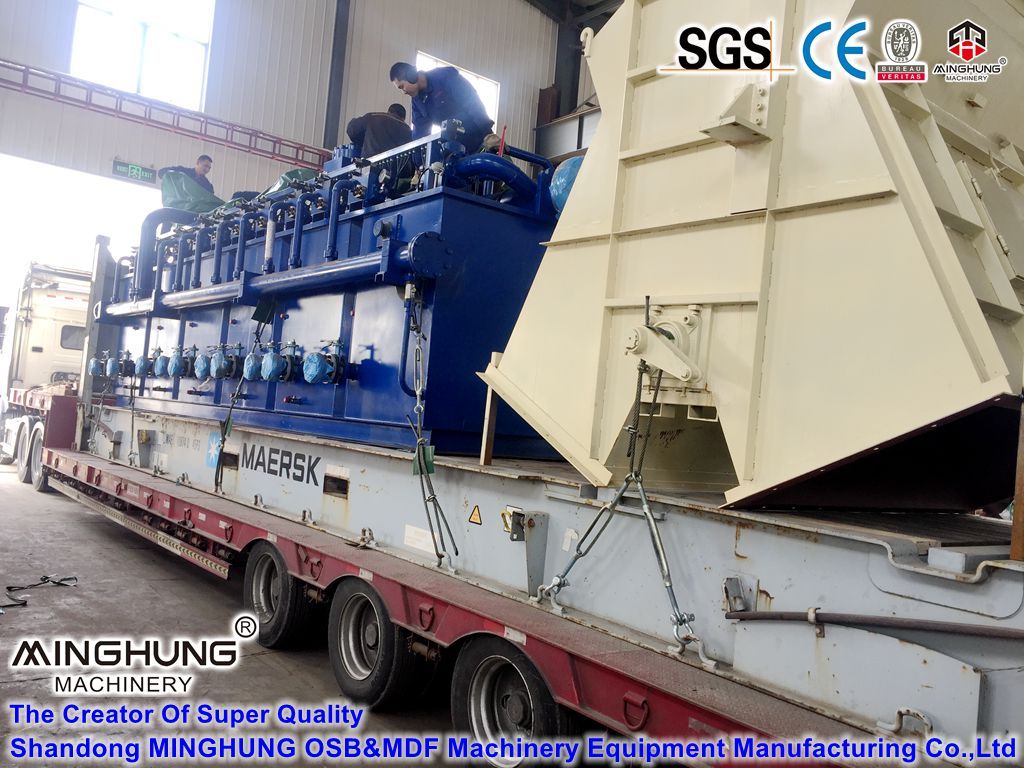
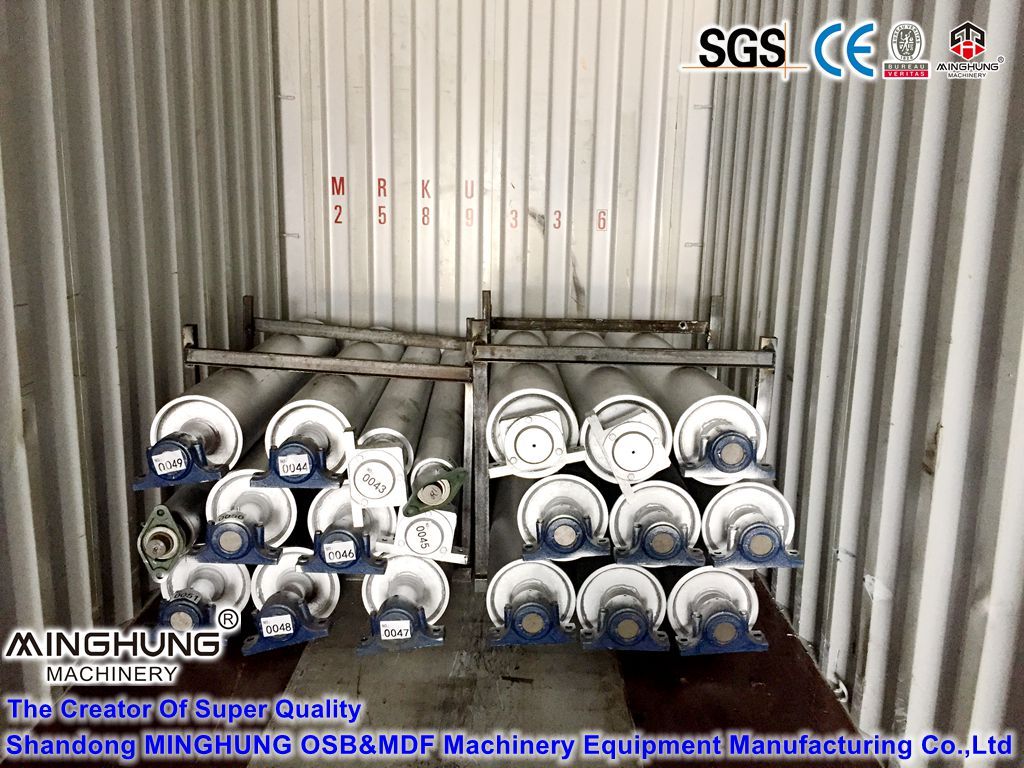
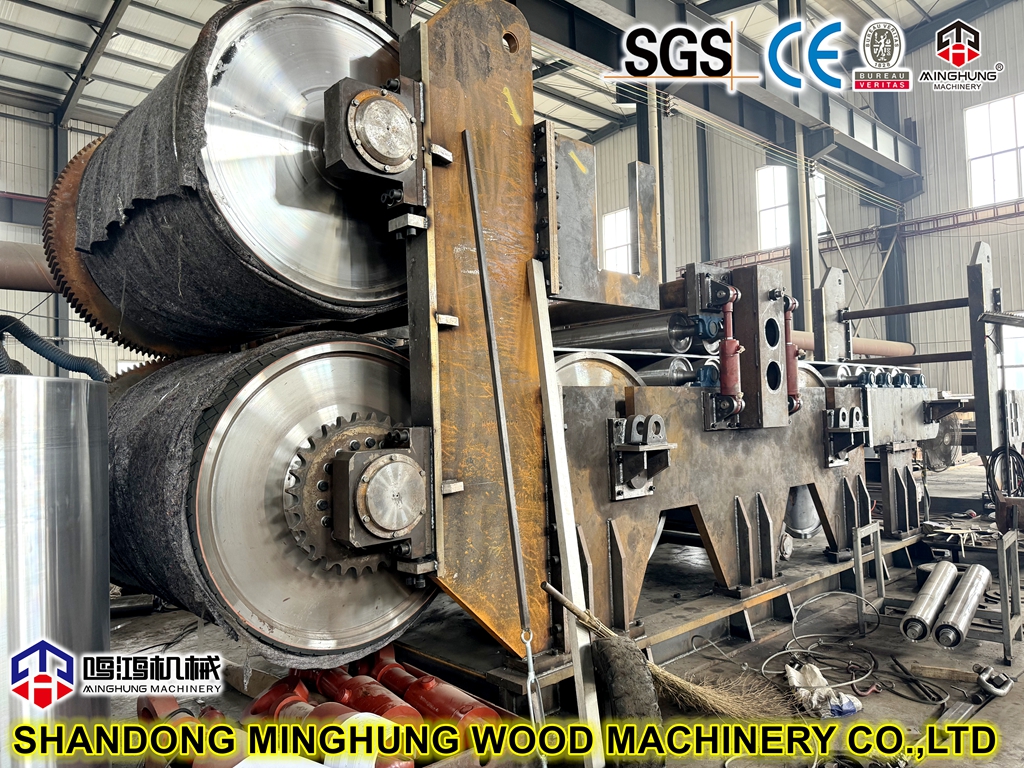
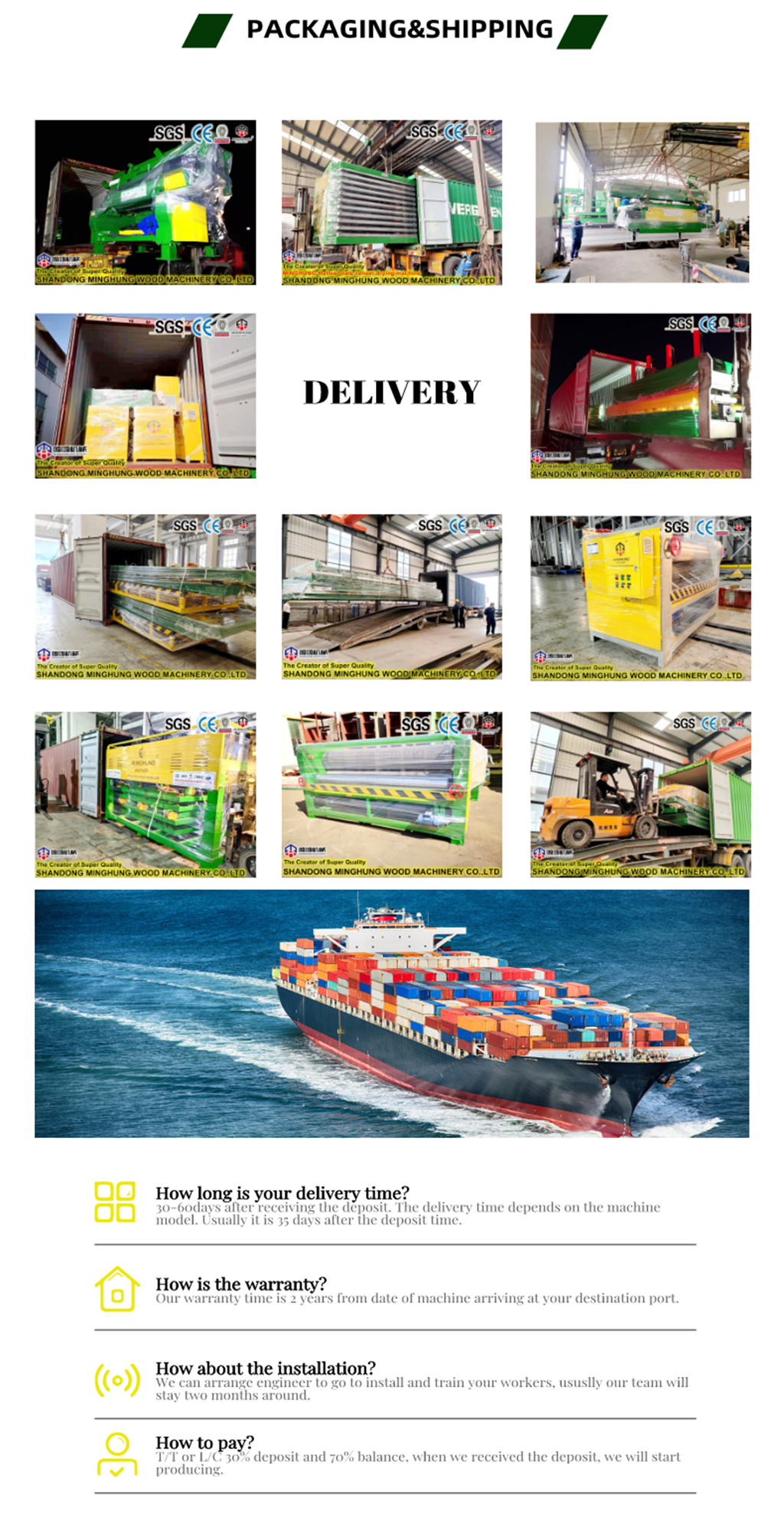
Contact us for a free quote today!
Our contacts:
Whatsapp: +8618769900191 +8615589105786 +8618954906501
Email: osbmdfmachinery@gmail.com

